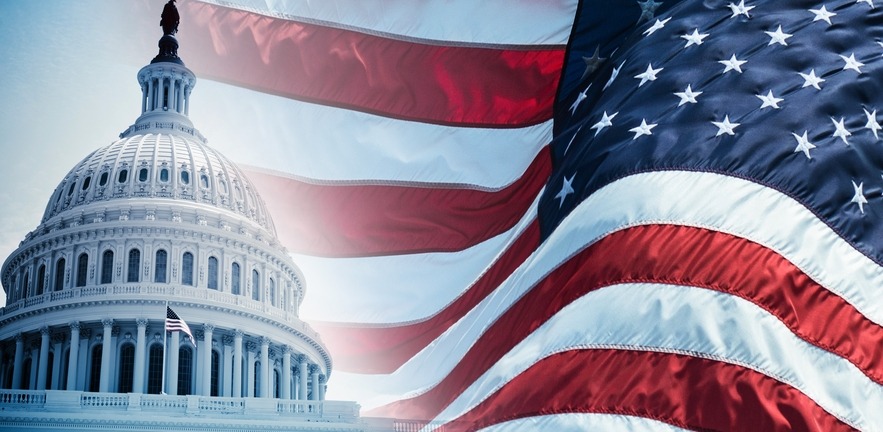By Professor Christoph Loch, Dean of Cambridge Judge Business School

Now that Donald Trump is on his way out of the White House (assuming further obstruction is temporary), many are asking whether the US, and the international community will go ‘back to normal’. Unfortunately, the deep damage done won’t disappear just with a new president.
The reason is that the ability to collaborate has been deeply damaged. There are wide-ranging findings from multiple sciences – anthropology, sociology, economics and business studies – that say collaboration is a key capability that allows ‘communities’ to do well, be it a country, a business, or another type of organisation. I have seen organisations and corporate initiatives fail because of refused co-operation, and other organisations with fewer resources succeed because people worked together rather than politically fight.
Collaboration means that people are willing to help achieve progress for each other or the overarching group in question, even if there is no immediate payback for the individual. But human psychology is not prepared to just ‘volunteer’ collaboration, as it can be undermined by free-riding, manipulation, lies and selfishness. Collaboration is therefore not freely given but only conditionally granted and quickly withdrawn again – subject to reputation, track record, relationships and trust. This has been universal across history and regions so that it is not just conscious ‘strategising’ but part of our instincts.
The willingness and ability to collaborate are disappearing in the US political system and US society as a whole. Donald Trump has not alone caused this: the extreme partisanship and conflict between Republicans and Democrats, exacerbated by the visceral hatred of the Clintons and Barrack Obama by many on the Grand Old Party side, has resulted in action and words that have destroyed good will and trust.
Trump, with his aggressive style of pinning the other side to a wall to press concessions (which he has followed throughout his entire business career, with questionable success), lying and denial of long-term effects (such as environmental degradation) has driven this to a previously unthinkable extreme. And by not distancing itself from Trump’s evidence-free claims of voter fraud after the election of Joseph Biden, the Republican Party is making itself complicit in further undermining trust and collaboration (if not outright obstruction of the country’s ability to govern itself).
How can the political system, and society as a whole, return to mutual respect and collaboration after such behaviour?
Here is a quote from the book The Glass Bead Game by Hermann Hesse, which he wrote in the early 1930s (although it was published only in 1943) with a premonition of the coming Nazi takeover and catastrophe in Germany: “We know, or suspect, that if thinking is not kept pure and wakeful, and if respect for the world of the mind is no longer operative, ships and automobiles will soon cease to run well, the engineer’s slide rule and the computations of banks and stock exchanges will lose validity and authority, and chaos will ensue.”
We treat the political battle as if it were a sports spectacle that does not otherwise affect us. But this behaviour by the political elite will. Unless reversed, the deterioration of political and broader collaboration in the US will come back to haunt the country, diminishing its economy far beyond Hesse’s ships and automobiles, and undermining the country’s validity and authority (and damage the entire world in the process). The US may look invincible today with its group of world-leading tech companies. Can this be eroded? The answer might well be yes, sooner than everyone thinks, without a positive new spirit of collaboration.


